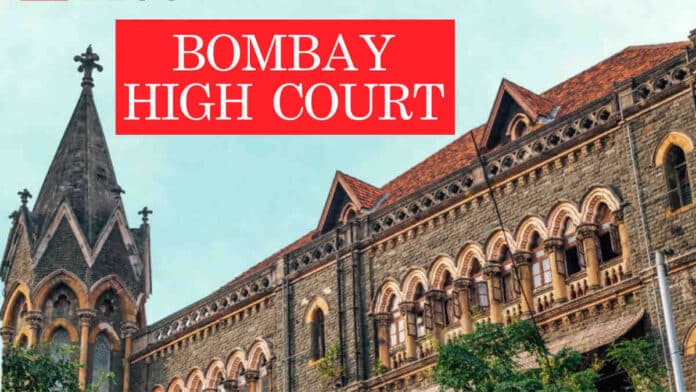The Pandharpur Temples Act was enacted to safeguard the interests of the Vitthal and Rukmini temples due to special circumstances and to relieve devotees from the rapacity of the priestly classes, the Maharashtra government has submitted to the Bombay High Court.
The government in its affidavit filed on August 24 in response to a petition filed by BJP leader Subramanian Swamy and Jagdish Shetty challenging the provisions of the Act, said it was not violative of the fundamental rights of devotees as alleged in the plea.
Pandharpur town in Solapur district of Maharashtra houses the temples of Lord Vitthal and Goddess Rukmini. Lakhs of devotees undertake an annual pilgrimage on foot to Pandharpur, which culminates on the day of Ashadhi Ekadashi.
“There were special circumstances prevailing in relation to the Pandharpur temples, which occupy a unique position in the state, necessitating action on the part of the government to safeguard the interests of the temples, its properties and endowment, and the multitude of pilgrims so as to relieve them from the rapacity of the priestly classes,” the affidavit said.
It added that the Act was enacted following complaints of mismanagement of the temples by the priestly classes.
The affidavit filed by the deputy secretary of the state Law and Judiciary department denied allegations that the state has arbitrarily taken over the Pandharpur temples and said the avowed objective of the Act was to provide for better administration and governance of the temples.
It said the Act does not in any manner impair or curtail the rights of devotees or pilgrims to profess, practice or propagate their religion but was legitimately introduced in the interest of the general public.
The petitioners – Swamy and Shetty – in their rejoinder to the state’s affidavit, however, maintained that the provisions of the Pandharpur Temples Act are violative of the fundamental rights of the petitioners, devotees of Lord Vitthal and Goddess Rukmini and Hindus at large.
The petitioners said the state cannot perpetually take over the property and administration of a temple and has the power to do so only for a temporary period in case of financial mismanagement.
As per the plea, the state government through the Pandharpur Temples Act, 1973, had abolished all hereditary rights and privileges of ministrants and priestly classes for the governance and administration of the Vitthal and Rukmini temples.
The law enabled the state government to control its administration and management of funds, the plea said.
The government said the town of Pandharpur is one of the most revered pilgrimage sites with two principal temples Vitthal and Rukmini which are popularly known as the Pandharpur temples.
“The Pandharpur temples occupy a unique position in the state having national importance. The temples are considered as public temples open to all persons abiding to different faiths and philosophies and have been found to not be religious denominational institutions,” it said.
The affidavit said in the 1960s, the Maharashtra government received several complaints and demands regarding the mismanagement and malpractices at the Pandharpur temples and regarding harassment and exploitation of devotees or people visiting the temples for worship.
It added that a Commission of Inquiry was set up to inquire into and submit a report on the alleged mismanagement.
The commission in its report submitted in 1970 recommended certain changes for better management of the temples.
“The Commission recommended the government abolish all hereditary rights and privileges of ministrants and priestly classes functioning in the temples, acquisition of such rights and privileges and for a legislation that would provide for an effective administration,” the affidavit said.
Also Read
After discussion and consensus from both the Houses of Legislature, the Act was passed for abolition of all hereditary rights, privileges of ministrants and priestly classes functioning in the Pandharpur temples and acquisition of such rights and privileges.
“The Act was introduced in the interest of the general public and intended to bring about changes in economic, financial, political or other secular activities as well as providing for social welfare and reform associated with religious practice,” the government said.
It added that the Act did not affect any protected religious rights guaranteed to any pilgrim or devotee and safeguarded the performance of religious rites and observance of religious practices in accordance with the prevailing traditional usage and custom.
The government said the Act was in the past challenged by the three priestly classes of the temples and the trial courts, appellate court, high court and finally the Supreme Court has upheld the provisions of the Act.
In the petition filed in February this year, Swamy and Shetty claimed the Maharashtra government had taken over the administration of the Pandharpur town’s temples in an arbitrary manner.
A division bench of Chief Justice D K Upadhyaya and Justice Arif Doctor is likely to take up the matter for hearing on September 13.
The PIL stated that the government, by taking control over the Pandharpur temples, was affecting the rights of Hindus to profess, practise, and propagate their religion, and to manage Hindu Religious Endowments and their affairs in matters of faith.




